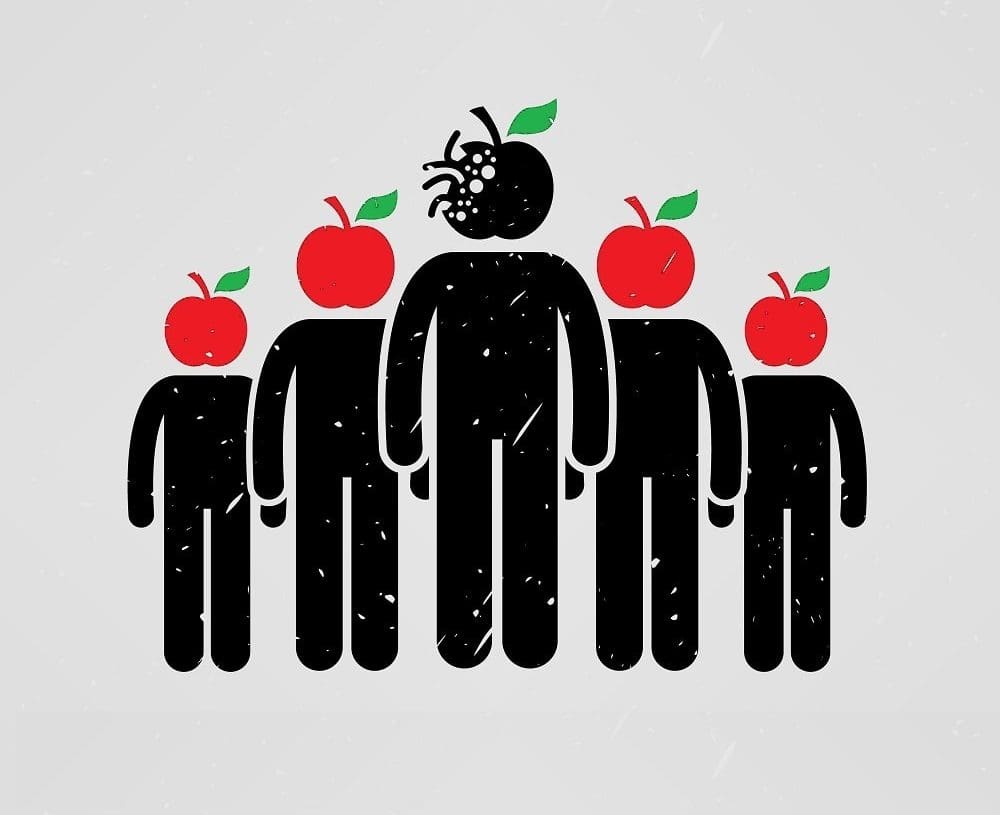A growing number of people these days do not seem to want to “do the right thing,” but rather “what they can get away with.” Celgene’s Calvin London discusses the significant effect this behavior can have on compliance culture.
I wish I had a dollar for every time I have heard someone say, “everyone wants to do the right thing.” Twenty years ago, people would say this with confidence, because in many respects we lived in a world where we did not see (or did not choose to see) the wrongs that happened every day – or perhaps we were a better-behaved society then.
Today when professionals make this claim, it is posed more as question than a statement. So, in answer to those good folks – no, everyone does not want to do the right thing. Many people just want to do what they can get away with!
The dependence on integrity and doing the right thing has a profound effect on the functioning of a company both from an internal employee perspective and from interactions with the outside, such as with third parties and vendors. It is not surprising that changes in DOJ guidance focus on risk and that regulators continue to emphasize the impedence of ethical culture in the prevention and detection of criminal conduct.1,2 If people feel there is a way to avoid “the right thing to do,” it stands to reason there will be a need for stronger vigilance and monitoring to manage the increased risk.
As a society, if we have moved away from doing the right thing, our battle to make inroads into corruption and bribery and reinforce integrity and ethical behavior just got a whole lot more difficult. What drives people to be corrupt is a basic flaw in their thinking, which in turn leads to an environment of high risk.
Don’t take my word for it; consider the following examples of increasing importance.
Take Notice in Your Own Office
Here is a simple way to take a check on the culture in your company: Drop a piece of paper on the floor and see how long it stays there. The right thing to do would be to pick it up and put it in the trash. I bet a significant number of people will walk past it. Many probably consciously observe it on the floor, but think “that is not my job, someone else will get it” or “I don’t pick up paper.” If you have an office of “paper pickers,” you are probably well on the way to having a solid foundation for a positive culture.
Everyday Life
We have road rules for a reason: safety. This is not an effective deterrent for drivers who believe their time is far more valuable than everyone else’s and race up the inside lane, only to expect everyone to let them cut in. It may not necessarily be illegal, but it is not the “done thing;” it is not ethical.
Bad Apples or Corrupt Companies
It follows that if we live in a society where not everyone wants to do the right thing, but rather what they can get away with, it is not surprising that this culture would be carried forward into business.
Clearly there are “bad apples” around. Case in point: the Martin Shkrelis of the world. Shkreli saw nothing wrong with increasing the price of a drug (Daraprim) used by AIDS patients from $13.50 to $750 (a 5,000 percent increase) per dose.3 He was also found guilty on three counts of securities fraud, defrauding investors in his hedge funds out of millions.4
Similarly, Elizabeth Holmes, founder of Theranos, perpetuated a massive fraud with ex-president Ramesh “Sunny” Balwani.5 They lied for years about the company’s technology, fooling investors out of hundreds of millions of dollars, claiming their technology could achieve the same results from a drop of blood as those generated by labs using vials of blood.6
You are probably thinking, a couple of bad apples in the barrel, that’s all.
You may well be right, but it is hard to imagine that some of the prosecutions resulting from the inappropriate actions at corporations are solely due to the actions of individual “bad apples.” It is more likely that there are several bad apples who have found common allies or safety in numbers. There must also be several people who at least knew about it, even if they did not support it. Do these people rationalize that it is easier to say nothing because they will not be held accountable (what they can get away with), or is it because of some more sinister reason associated with potential retribution?
Maybe I am becoming very skeptical in my old age, but I simply do not believe anymore that everyone wants to do the right thing; too many want to do what they can (or think they can) get away with.
The only benefit of this attitude is current and future job security for compliance officers. It is a never-ending battle. I doubt we will ever be able to eradicate bribery and corruption, unless there is a widespread change in behavior and everyone resumes at least trying to do the right thing.
1 http://www.fcpablog.com/blog/2019/7/11/the-new-star-of-the-doj-guidance-is-risk.html
2 http://www.fcpablog.com/blog/2019/7/22/yes-ethical-culture-can-be-measured.html
3 https://www.scientificamerican.com/article/martin-shkreli-convicted-of-fraud/
4 https://www.cnbc.com/2017/08/04/pharma-bro-martin-shkreli-convicted-in-federal-fraud-case.html
6 https://www.nytimes.com/2018/05/21/books/review/bad-blood-john-carreyrou.html



 Calvin London, Ph.D., is the Founder and Principal consultant at
Calvin London, Ph.D., is the Founder and Principal consultant at 









